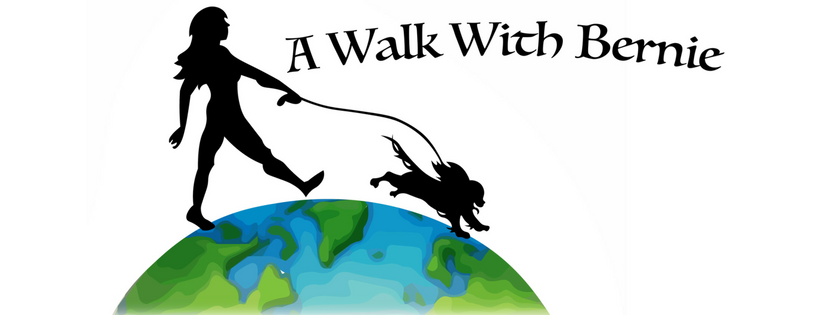Dogs and separation anxiety – what can you do?

With summer approaching many people are planning to go on vacation. Any pet owner will tell you that any time you plan to be away from your pet whether it’s a long vacation or weekend getaway, it can be stressful.
Planning a stay for any period of time means that you will need to make arrangements for the care of your pet. Whether you have someone come to your home, plan on boarding them in a kennel or leaving them with family your pet may suffer from separation anxiety. Unfortunately, some dogs suffer more than others.
I have found that when owners bring their dogs to me for the very first time the first 24 hours are when dogs are most stressed.
When the dog first enters my home I ask the owner to not prolong the goodbyes. This will only upset the dog even more adding to their anxiety. Many times I take the dog right away to the yard and when the owner leaves I take them for a long walk just to tire them out. I find that when we return this allows the dog for some down-time and they are much calmer.
According to the ASPCA, dogs may exhibit some or all of these symptoms.
Dogs may urinate or defecate when left alone or separated from their guardians. A dog who has separation anxiety might bark or howl when left alone or when separated from his guardian.
Dogs may chew on objects, door frames or window sills, dig at doors and doorways, or destroy household objects when left alone or separated from their guardians.
The dog may also try to escape from an area where he’s confined when he’s left alone or separated from his guardian.
Some dogs may pace and/or move around in circular patterns, while others walk back and forth in straight lines. (aspca.org)

Below are some suggestions from DogVacay that I have found to be very helpful.
Never reassure the dog when they are in that state of mind. While it’s tempting to reassure the pup that everything will be okay through praise and petting, doing so can actually reinforce that the pup should feel nervous or worried. Speak calmly but do not reassure their anxiety.
Pay extra attention to doors, gates and windows being secure from pups who may try to escape at all times. If you are watching pups for the holidays, or any other time you’re expecting human guests, make sure they know this about your canine guests ahead of time. I also never leave dogs outside alone eve n though I have an enclosed yard. Dogs may dig or even jump over fences. They should be monitored at all times when outside.
If you’re hosting a dog with separation anxiety, ease the pup into it by leaving for small increments of time. This will help desensitize them to being alone in your home. Start with 5-10 minutes and work your way up. Remember you to may have to step out to run an errand so it’s important to keep your exits and entrances very calm.
Also when you do leave, create a space that the dog will be safe in. Remove all valuable items from the space. You should also remove any furniture, when possible, and anything with cords that can be chewed on. If a pup is experiencing severe destructive anxiety, you can use removable duct tape to protect wall edges and baseboards. You can also try products like the ClawGuard to protect doors. (dogvacay.com)
I have been very fortunate that the dogs I have watched have not suffered from severe anxiety. A few have howled and paced for the first few hours but soon become accustomed to our household and as always Ginger has been a great hostess.



 RSS - Posts
RSS - Posts
